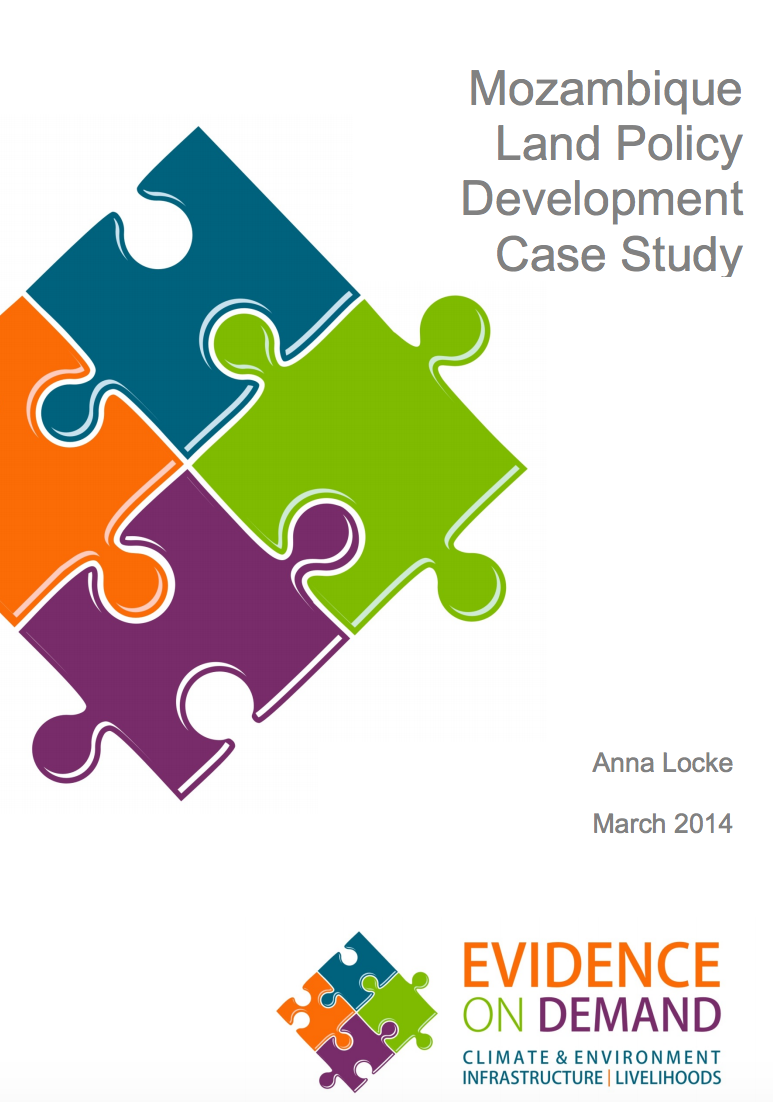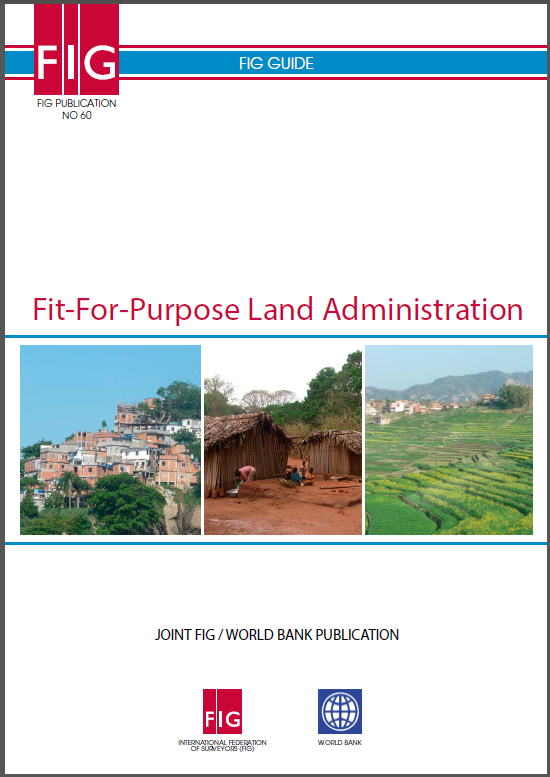CASE STUDY ON LAND IN BURMA
Report Summary: "This case study has been produced in response to a request made to the Evidence on Demand Helpdesk. The objective of the request was to write a detailed case study on land tenure reform in a fragile and post-conflict state, Burma, and provide the reader with an understanding of how land tenure reform can work under the country’s particular social, political and economic conditions.








